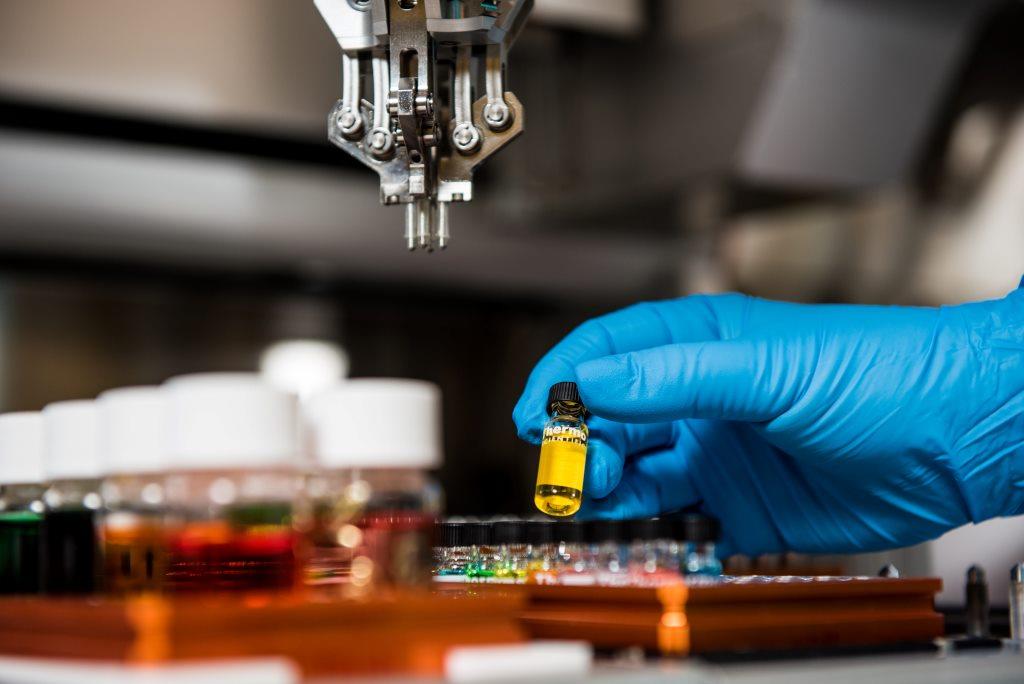New 5-Minute Urine Test Can Measure the Health of a Person’s Diet, Study Says

A team of researchers recently completed extensive trials on a "five-minute urine test." This new finding can help gauge how healthy a person's diet is. More so, reports said it produces a distinct urine fingerprint of an individual.
Researchers at Imperial College London, in partnership with colleagues at the University of Illinois, Murdoch University, and Northwestern University, thoroughly evaluated levels of more than 45 different "metabolites" in the urine of over 1,800 people in the United States.
Individually, the so-called "metabolites" are considered as "objective indicator" of quality of diet. The research team added, they are also produced as the body processes various foods.
This same group of scientists published their study's results in the Nature Food journal. Financially backing the work are the National Institute of Health and the Health Data Research UK.
ALSO READ: Blood, Salivary, and Fecal Home Test Kits: Yay or Nay?
The link between Metabolites in Urine and Nutrients in Diet
Research results showed the relationship between "46 metabolites in urine, and the nutrients or food types in the diet." For example, the findings specified, specific metabolites interrelated with the intake of alcohol while others were associated with the consumption of Vitamin C, glucose, citrus fruit, and fructose.
The research team also saw the metabolites in urine as connected to dietary consumption of red meat and other meat types such as chicken, as well as nutrients like Calcium, among others. In addition, specific metabolites were also associated with health conditions.
For instance, the findings revealed that compounds which urine contains, like sodium as a salt-intake indicator, and formate, are associated with high blood pressure and obesity.
Furthermore, in another Nature Food-published research by the same Imperial group, in collaboration with the Murdoch University, Aberystwith University and Newcastle University, and financially backed by the Medical Research Council, the National Institute for Health Research and Health Data Research UK, the group employed this technology for the development of the five-minute test to reveal that mix of "metabolites in urine" differs from one person to another.
DON'T MISS THIS: 'First and Only' Sublingual Treatment for Off Episodes in Parkinson's Disease Gets Approval from FDA
Urine 'Fingerprint'
According to this team of researchers, this technology, which produces a "urine fingerprint" of an individual, could allow individuals to receive a healthy-living recommendation to their distinctive biological make-up.
This is also called "precision nutrition." In addition, the "urine fingerprint" could also offer health workers more specific information on the quality of an individual's diet.
The study's author, Dr. Isabel Garcia-Perez, said this technology could offer critical insights into the processing of foods of individuals in various ways.
Dr. Garcia-Parez, who is also from Imperial's Department of Metabolism, Digestion, and Reproduction, also explained, the team is now planning to utilize the diet assessment technology on individuals who are at risk of cardiovascular illness.
The team explained this urine print could also be used to develop a person's score, which they call, Dietary Metabotype Score, or DMS.
In their study, the researchers found the difference between high DMS score or high energy urine and low DMS score or low energy urine was different from an individual with a high DMS score who loses an additional four calories each day or 1,500 calories each year.
Moreover, the team said, they calculated, their findings could "translate to a 215-gram difference" in terms of body fat each year.
The team aims to investigate other factors as part of its next step, an individual's "urine metabolite fingerprint" that could link to his diabetes, high blood pressure, and obesity.
IN CASE YOU MISSED THIS: Vitamin D as a COVID-19 Breakthrough and How It Can Alleviate the Impact on BAME People
© MD News Daily.
